Why Do Women Have More Sleep Problems Than Men?
Women more prone than men to sleep challenges, reveals National Sleep Foundation poll.

If you’re a woman who has experienced more trouble sleeping than the men in your life, it might be cold comfort to know that you’re not alone. The New York Times recently reported on a poll by the National Sleep Foundation, which found that women were significantly more likely than men to report challenges falling and staying asleep. As it turns out, there are scientific reasons why women might have more trouble sleeping, starting with puberty and continuing through adulthood.
1
Hormones
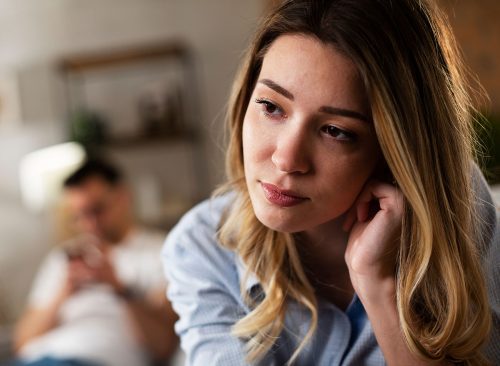
During a woman’s reproductive years, hormonal changes during the menstrual cycle can cause mood changes (such as anxiety and depression) and physical symptoms (like cramps, bloating, and tender breasts) that can disrupt sleep, Dr. Fiona Baker, director of the Human Sleep Research Program at SRI International, told the Times.
2
Pregnancy
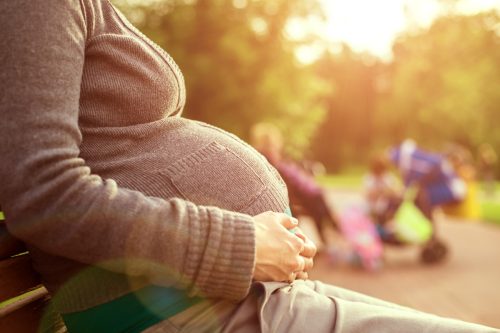
Common symptoms of pregnancy—including nausea, physical discomfort, frequent urination, and anxiety—can trigger sleep disturbances, particularly in the first and third trimesters, says Dr. Shelby Harris, a clinical associate professor of Neurology and Psychology at the Albert Einstein College of Medicine.
3
Raising a Newborn
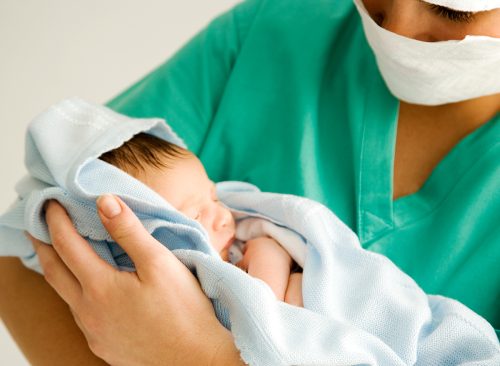
Caring for a newborn is all about sleep disruption, as new parents are constantly awakened during the night. But that disruption can continue well after a baby is sleeping through the night. Sometimes, women’s “brains are almost trained to hear the baby,” said Harris, which can lead to hypervigilance and responsiveness that make sleeping difficult.
4
Mental Health Conditions
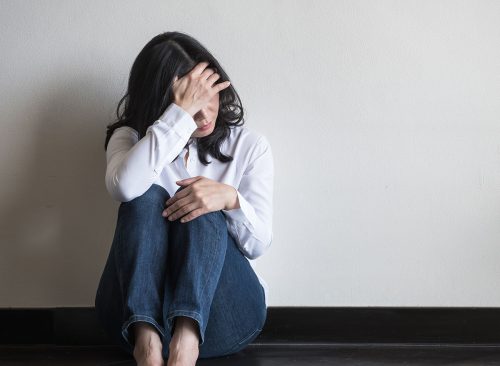
Women have a higher risk for anxiety and depression, which often impact sleep. The Department of Health and Human Services says that women are more than twice as likely as men to be diagnosed with an anxiety disorder.
5
Menopause
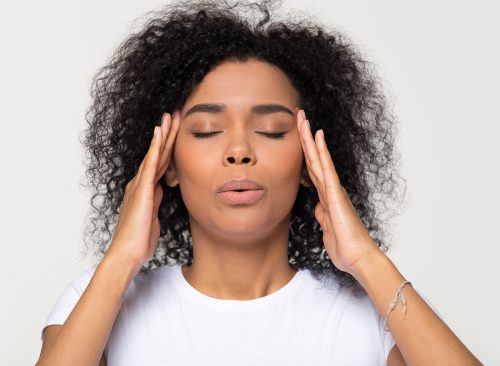
Up to 80 percent of women begin having hot flashes in perimenopause (the four or so years leading up to menopause), said Dr. Baker. They can last for years after menopause begins. For about 20 percent of women, hot flashes are frequent and intense enough to disrupt sleep. Post-menopausal women are also at higher risk for sleep apnea, which causes breathing disturbances and frequent nighttime awakenings.
6
How To Cope
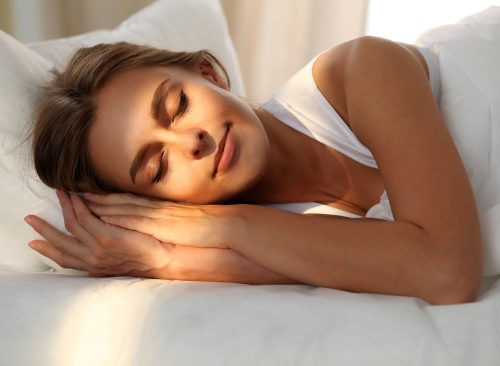
Several solutions for poor sleep are available, and your first move doesn’t have to be for a prescription or over-the-counter drug. Dr. Baker told the Times that cognitive behavioral therapy for insomnia (CBT-i) is the preferred first-line treatment. It involves mental exercises such as reframing negative thought patterns, practicing mindfulness, tracking sleep, and changing bedtimes. If that isn’t effective, hormone replacement therapy can help ease sleep symptoms related to menopause. Overall, anyone who doesn’t feel like they’re getting adequate or refreshing sleep is urged to consult their doctor.














